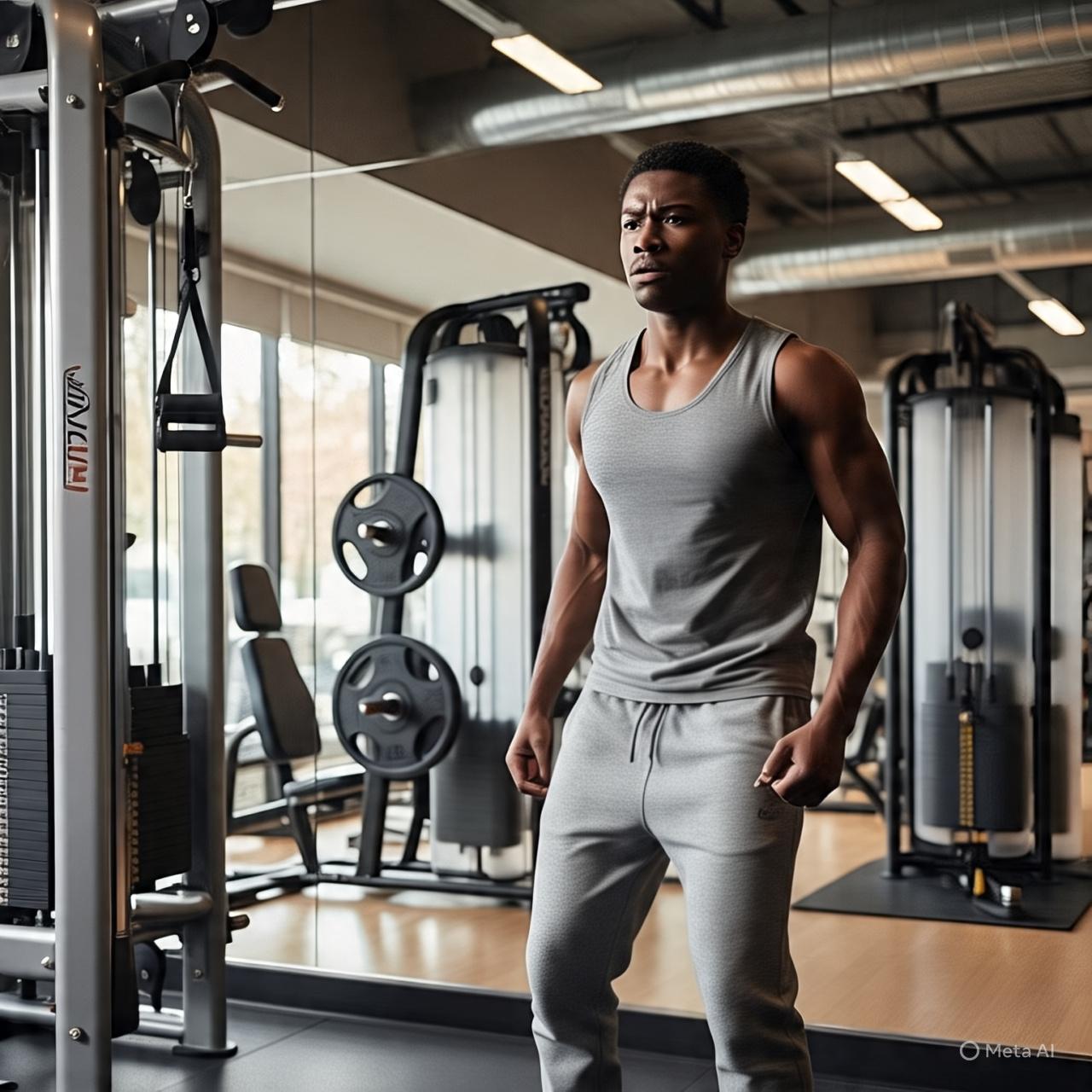Fitness refers to a state of physical and mental well-being that enables individuals to perform daily tasks, engage in sports and occupations, and maintain overall health. It encompasses several components, including:
*Physical Fitness Components:*
1. *Cardiovascular Endurance*: The ability to perform prolonged periods of moderate to vigorous exercise.
2. *Muscular Strength*: The ability to exert force against resistance.
3. *Muscular Endurance*: The ability to sustain activity over time.
4. *Flexibility*: The range of motion in joints and muscles.
5. *Body Composition*: The proportion of body fat to lean body mass.
*Benefits of Fitness:*
1. *Improved Health*: Reduces risk of chronic diseases, such as heart disease and diabetes.
2. *Increased Energy*: Enhances physical and mental performance.
3. *Better Mood*: Releases endorphins, reducing stress and anxiety.
4. *Weight Management*: Helps maintain a healthy weight.
*Ways to Achieve Fitness:*
1. *Regular Exercise*: Engage in aerobic exercise, strength training, and flexibility exercises.
2. *Balanced Diet*: Fuel your body with nutrient-rich foods.
3. *Sufficient Sleep*: Allow your body to rest and recover.
By prioritizing fitness, individuals can enhance their overall quality of life.

